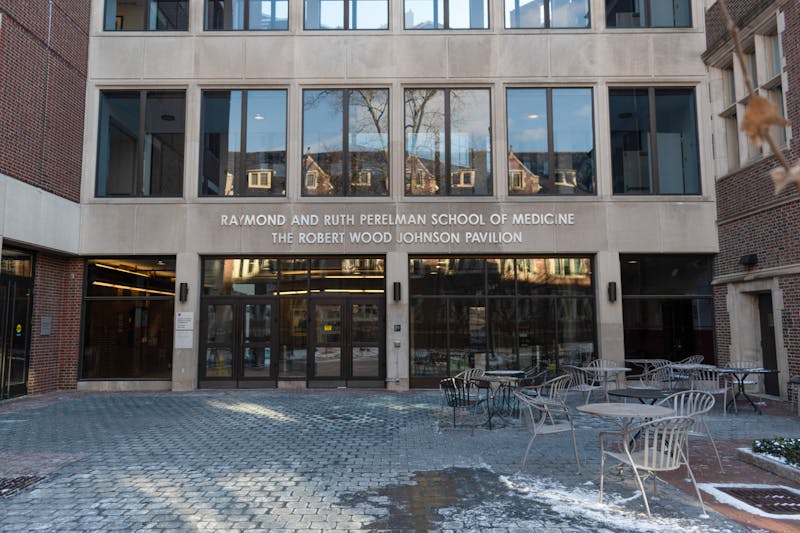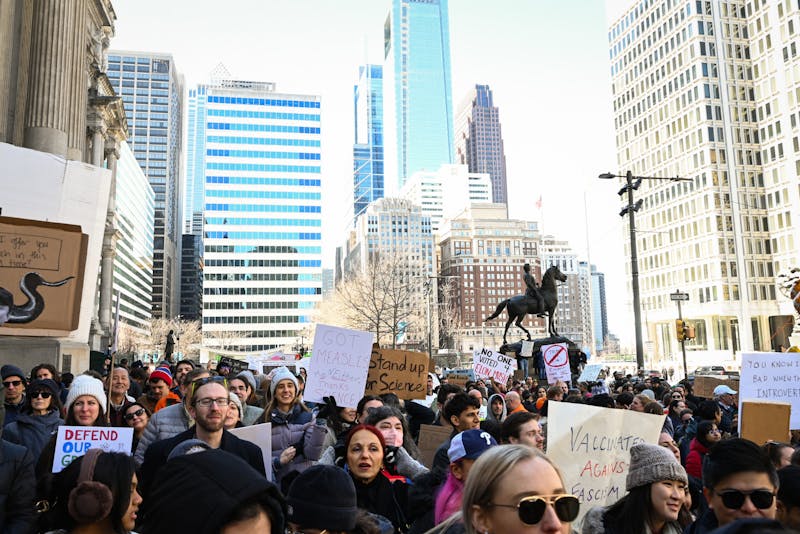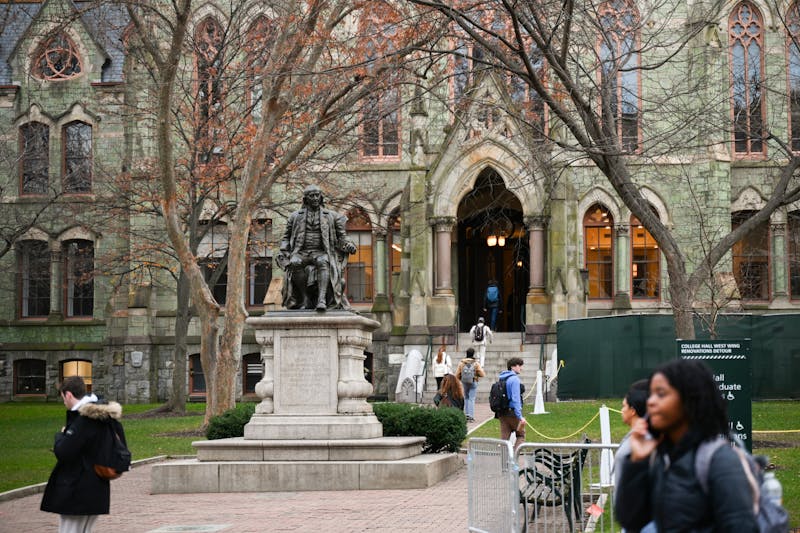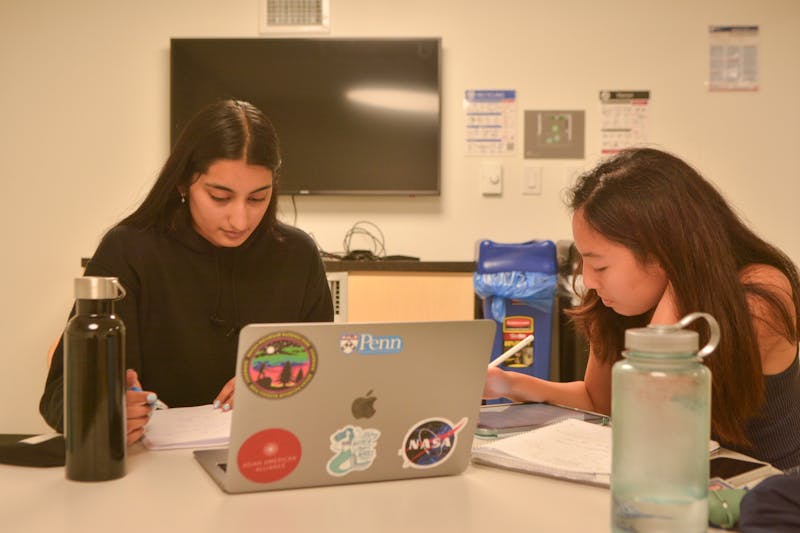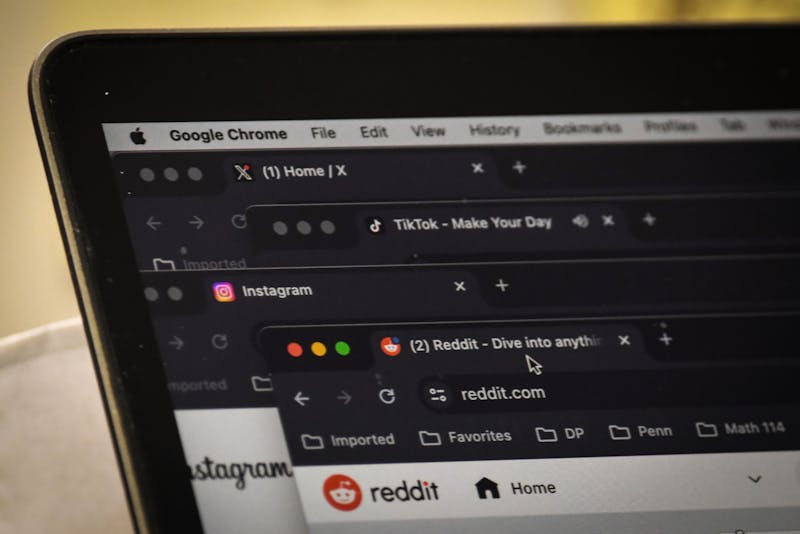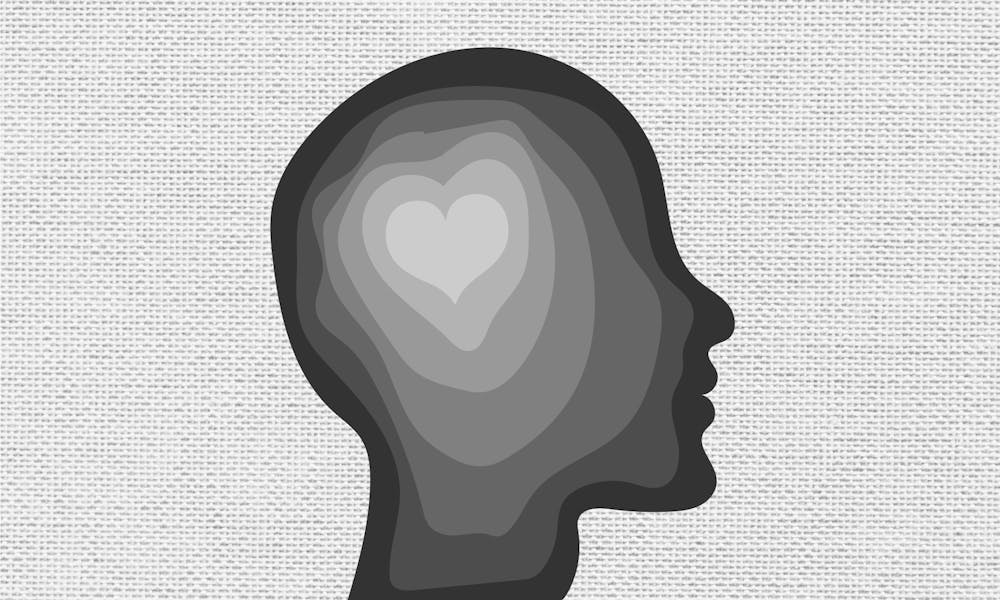
We are one month away from 2024, which means it is the moment when people look back on previous years and make goals for the new year ahead. It has now been almost four years since 2020, the historic year in which the world completely turned upside down. For the United States specifically, in addition to dealing with a global pandemic that highlighted disparities that persisted across various facets of society, an insisting reality had to be faced: institutional racism in the U.S.
In the aftermath of George Floyd’s death in May of 2020 which was a catalyst for change and truth, it became evident that the U.S. still had a long way to go in repairing its legacy of racism and white supremacy. I remember watching the news and scrolling through social media during that time and seeing difficult conversations take place. Additionally, multi-million dollar companies were also addressing their racist ideologies as well as pledging to do better. Some of it felt genuine and some of it felt performative.
The racial reckoning of 2020 illuminated systemic inequalities that had long been festering, and academic institutions such as Penn are not immune to these disparities. Ivy League universities, renowned for academic excellence, were forced to confront the legacy of racism and slavery that is still present on their campuses and that they are falling short when it comes to fostering safe and welcoming spaces for their Black-identifying students. It was clear that their commitment to diversity and inclusion should extend beyond recruitment brochures and statistical quotas.
Four years later, Black students still feel unsafe and unseen when attending predominantly white institutions, which has a direct effect on their mental health. HBCUs should not be the only option for Black-identifying students — they should feel safe and supported regardless of which institution they choose to attend to pursue a higher education. Therefore, spaces, staff, and curricula must consider the unique experiences of Black students and prevent them from feeling like a token representation or an afterthought.
It is important to address the intersectionality between race and mental health, specifically in Ivy League schools where Black students bear the weight of not only academic expectations, but also the burden of representation. The isolation stemming from being a minority in these academic spaces can contribute to a sense of alienation and heightened stress levels. Furthermore, many Black students deal with impostor syndrome. Both in and out of the classroom, there is the constant fear of being misunderstood or having to justify one’s presence.
Ivy League institutions such as Penn should do more than simply address the issue, and it is no secret that they have the financial means to do so. Therefore, Penn and other Ivy League schools should commit to providing free or heavily subsidized mental health services for their Black-identifying students and staff, specifically for their graduate students, for whom mental health services are severely lacking. Indeed, undergraduate students have access to the Makuu: The Black Cultural Center, which is a start to foster a sense of belonging for Black-Identifying students, however, more should and has to be done.
Penn has Counseling and Psychological Services (CAPS), however, the resources are severely lacking for Black-identifying students. Counseling resources at higher education institutions rarely take into account the diversity of their student body. Many students complain of the limited access to mental health resources or often feel dismissed and misunderstood by the staff because they are not equipped to address their specific needs. It is important that these resources are led and staffed with culturally competent professionals who are familiar with the unique experience and needs of being Black in the U.S. and attending an Ivy League school. There is a need for more Black therapists, increased financial resources from Penn, and a designated safe space in the school that can address and support the specific mental health needs of their Black-identifying students.
Moreover, the high costs associated with private counseling services can create an additional layer of stress for Black students already navigating the challenges of academia, so ensuring that the school is equipped with appropriate and sustainable resources to support their students can make a considerable difference. Access to free, good quality mental health care for Black students attending predominantly white institutions is vital to not only supporting them but also destigmatizing seeking help. Creating safe spaces for dialogue and normalizing conversations around mental health is a crucial step in fostering an environment where seeking support is viewed as a sign of strength, not weakness, specifically in the Black community where there is limited knowledge and access to mental health resources.
Even though the main goal of prestigious institutions is to foster academic excellence, it is important to stress that it goes hand in hand with prioritizing the mental health of all students. Especially at Penn, it is necessary to recognize the university’s racist history and the fact that Philadelphia is considered one of the most segregated cities in the country. The racial reckoning of 2020 reinforced the need to address the systemic issues that persist in various fields, especially academia. Therefore, we must challenge these institutions to move beyond rhetoric and take concrete steps to ensure that their commitment to diversity and inclusion extends to every aspect of the student experience. If more inclusivity is going to be pledged through increasing acceptance rates for Black-identifying students, then it is also crucial to foster a safe environment for them.
KHADIJETOU DIAGANA is a second-year student in the Master of Public Health program. She is from Nouakchott, Mauritania but has been living in the United States for the last seven years. Her email is diaganak@pennmedicine.upenn.edu.
The Daily Pennsylvanian is an independent, student-run newspaper. Please consider making a donation to support the coverage that shapes the University. Your generosity ensures a future of strong journalism at Penn.
Donate




